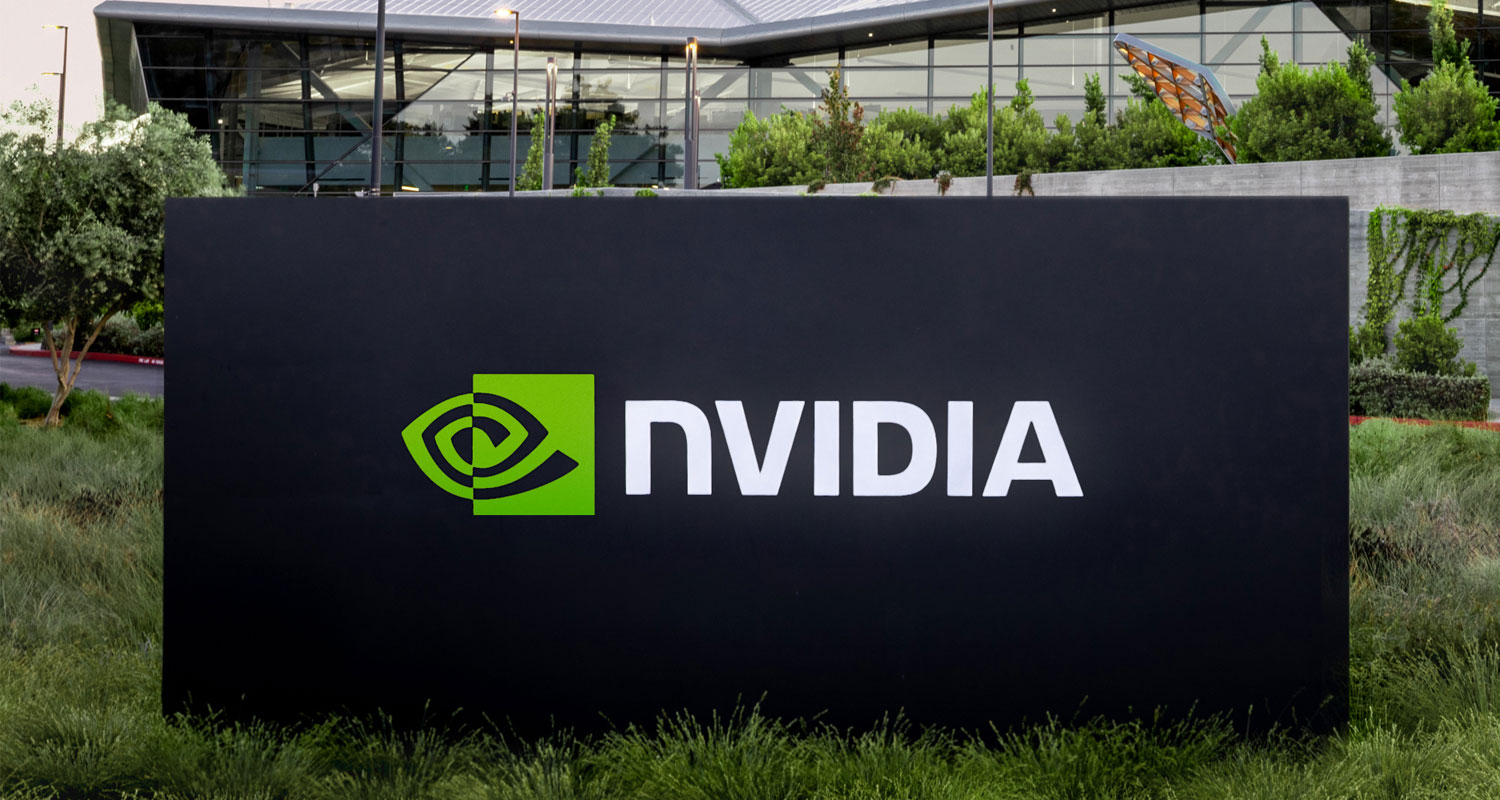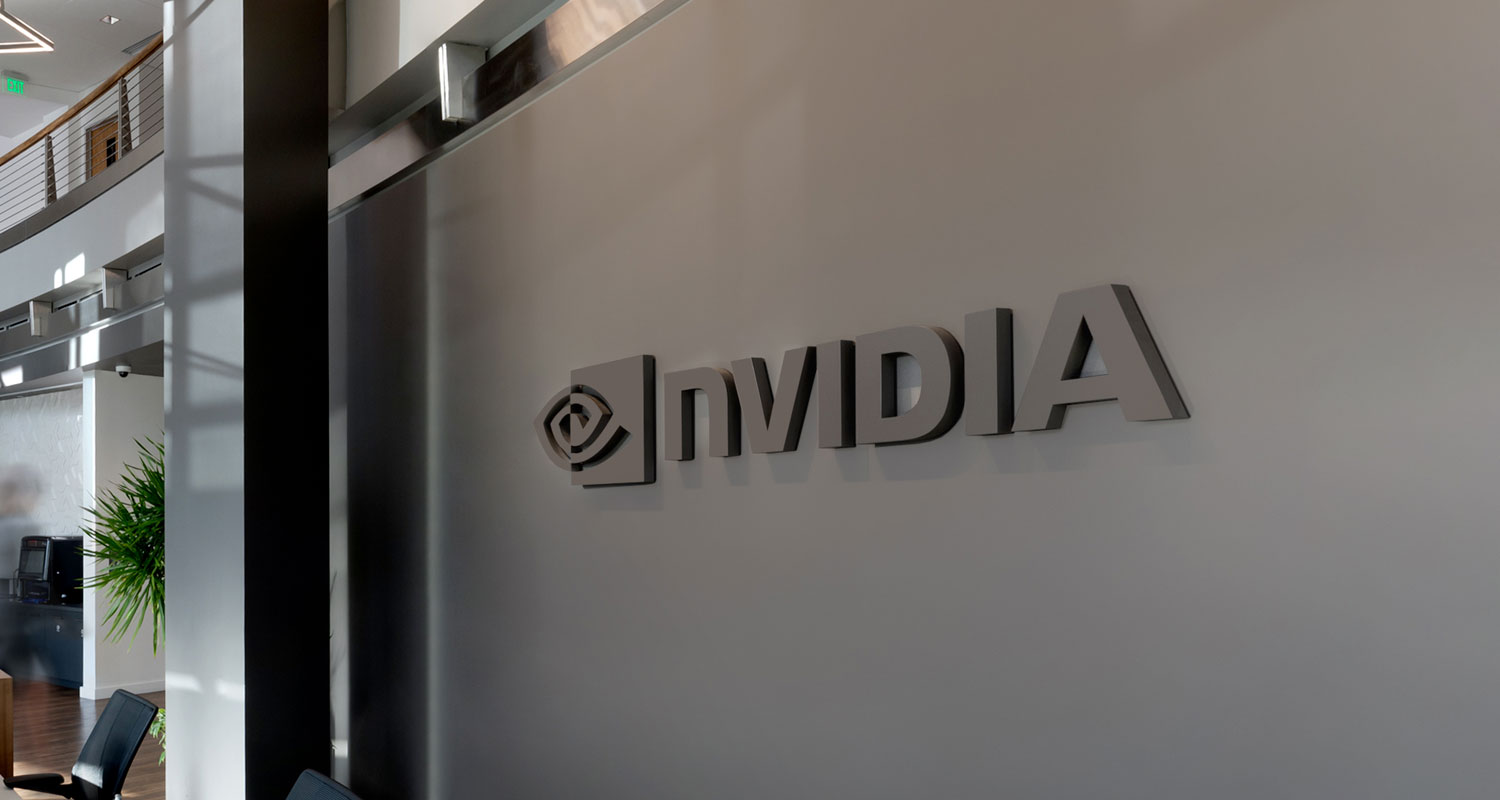 Chinese military bodies, state-run artificial intelligence research institutes and universities have over the past year purchased small batches of Nvidia semiconductors banned by the US from export to China, a review of tender documents shows.
Chinese military bodies, state-run artificial intelligence research institutes and universities have over the past year purchased small batches of Nvidia semiconductors banned by the US from export to China, a review of tender documents shows.
The sales by largely unknown Chinese suppliers highlight the difficulties Washington faces, despite its bans, in completely cutting off China’s access to advanced US chips that could fuel breakthroughs in AI and sophisticated computers for its military.
Buying or selling high-end US chips is not illegal in China and the publicly available tender documents show dozens of Chinese entities have bought and taken receipt of Nvidia semiconductors since restrictions were imposed.
These include its A100 and the more powerful H100 chip whose exports to China and Hong Kong were banned in September 2022 as well as the slower A800 and H800 chips Nvidia then developed for the Chinese market but which were also banned last October.
The graphic processing units — a type of chip — that are built by Nvidia are widely seen as far superior to rival products for AI work as they can more efficiently process huge amounts of data needed for machine-learning tasks.
The continued demand for and access to banned Nvidia chips also underlines the lack of good alternatives for Chinese firms despite the nascent development of rival products from Huawei and others. Prior to the bans, Nvidia commanded a 90% share of China’s AI chip market.
Purchasers included elite universities as well as two entities subject to US export restrictions: the Harbin Institute of Technology and the University of Electronic Science and Technology of China, which have been accused of involvement in military matters or being affiliated to a military body contrary to US national interest.
Suppliers
The former purchased six Nvidia A100 chips in May to train a deep-learning model. The latter purchased one A100 in December 2022. Its purpose was not identified. None of the purchasers mentioned in this article responded to requests for comment.
The review of the tender documents found neither Nvidia nor retailers approved by the company were among the suppliers identified. It was not clear how the suppliers have procured their Nvidia chips.
In the wake of US curbs, however, an underground market for such chips in China has sprung up. Chinese vendors have previously said they snatch up excess stock that finds its way to the market after Nvidia ships large quantities to big US firms, or import through companies locally incorporated in places such as India, Taiwan and Singapore.
Read: Nvidia rallies to record high
Reuters sought comment from 10 of the suppliers listed in tender documents including those mentioned in this article — none of them answered. Nvidia said it complies with all applicable export control laws and requires its customers to do the same. “If we learn that a customer has made an unlawful resale to third parties, we’ll take immediate and appropriate action,” a company spokesman said.
The US department of commerce declined to comment. US authorities have vowed to close loopholes in the export restrictions and have moved to limit access to the chips by units of Chinese companies located outside China.
 Chris Miller, professor at Tufts University and author of Chip War: The Fight for the World’s Most Critical Technology, said it was unrealistic to think US export restrictions could be watertight given that chips are small and can easily be smuggled.
Chris Miller, professor at Tufts University and author of Chip War: The Fight for the World’s Most Critical Technology, said it was unrealistic to think US export restrictions could be watertight given that chips are small and can easily be smuggled.
The main aim is “to throw sand in the gears of China’s AI development” by making it difficult to build large clusters of advanced chips capable of training AI systems, he added.
The review includes more than 100 tenders where state entities have procured A100 chips and dozens of tenders since the October ban show purchases of the A800.
Tenders published last month also show Tsinghua University procured two H100 chips while a laboratory run by the ministry of industry & IT procured one.
The buyers include one unnamed People’s Liberation Army entity based in the city of Wuxi, Jiangsu province, according to tenders from a military database. It sought three A100 chips in October and one H100 chip this month.
Military tenders in China are often heavily redacted and Reuters was not able to learn who won the bids or the reason for the purchase.
Most tenders show the chips are being used for AI. The quantities of most purchases are, however, very small, far from what’s needed to build a sophisticated AI large language model from scratch.
A model similar to OpenAI’s GPT would require more than 30 000 Nvidia A100 cards, according to research firm TrendForce. But a handful can run complex machine-learning tasks and enhance existing AI models.
Prolific
In one example, the Shandong Artificial Intelligence Institute awarded a US$40 500 contract for five A100 chips to Shandong Chengxiang Electronic Technology last month.
Many of the tenders stipulate suppliers have to deliver and install the products before receiving payment. Most universities also published notices showing the transaction was completed.
Tsinghua University, dubbed China’s Massachusetts Institute of Technology, is a prolific issuer of tenders and has purchased some 80 A100 chips since the 2022 ban.
Read: Huawei is gearing up to take on Nvidia in AI chips
In December, Chongqing University published a tender for one A100 chip that explicitly stated it could not be second-hand or disassembled but had to be “brand new”. The delivery was completed this month, a notice showed. — Eduardo Baptista, with Josh Ye in Hong Kong and Brenda Goh, (c) 2024 Reuters

